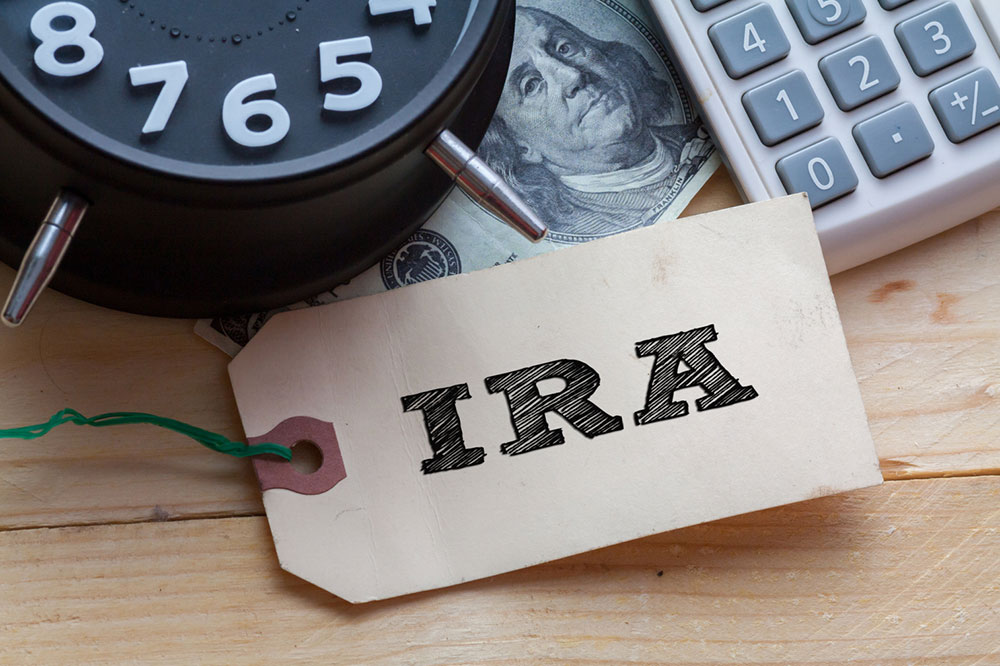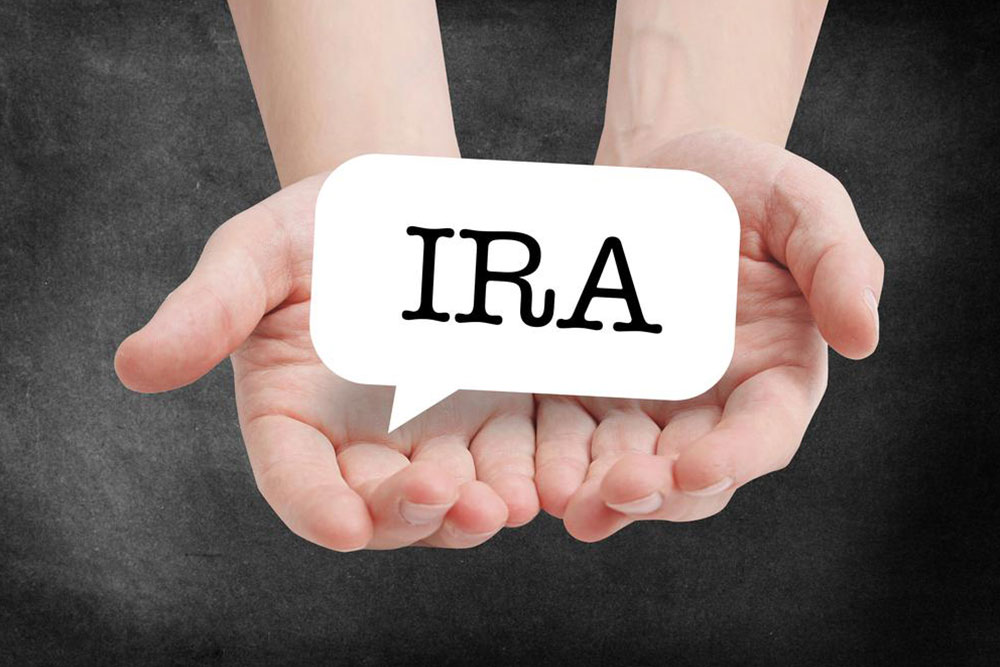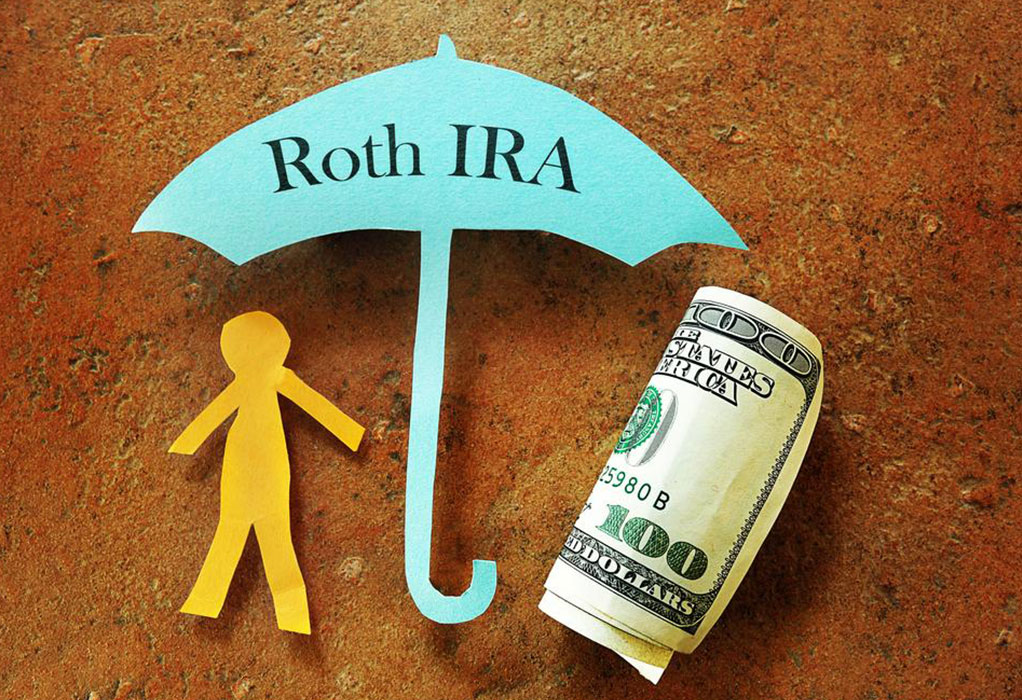Smart Strategies to Maximize Earning Potential Through IRA Investment Plans
Explore effective strategies for maximizing retirement savings through IRA plans, including Traditional, Roth, and Rollover options. Learn how IRAs offer tax benefits, flexible investment choices, and long-term growth potential. Ideal for early career individuals and those planning for a secure retirement, IRAs are a smart choice to build wealth and ensure financial stability, despite certain eligibility and contribution limitations. Starting your IRA early can significantly enhance your retirement readiness with compounded growth and tax advantages.

Smart Strategies to Maximize Earning Potential Through IRA Investment Plans
A Personal Retirement Account (IRA) is a special savings tool designed to help individuals prepare financially for retirement while enjoying significant tax benefits. It’s not an investment itself but a dedicated account that can hold stocks, bonds, mutual funds, or index funds. Funds in an IRA are typically locked for at least five years, with withdrawals allowed after age 59.5 without penalties. IRA contributions can grow tax-free or tax-deferred based on the plan chosen.
Choosing the right IRA depends on your income, retirement timeline, and financial goals. There are different types of IRAs tailored to meet diverse needs.
Types of IRA options include:
Traditional IRA
Contributions may be tax-deductible, and earnings grow tax-deferred until withdrawal during retirement, potentially at a lower tax rate.
Roth IRA
Contributions are made with taxed income, but earnings grow tax-free and withdrawals are tax-free after retirement, provided specific criteria are satisfied.
Rollover IRA
It transfers assets from an employer-sponsored plan, like 401(k) or 403(b), into an IRA, helping consolidate retirement savings.
Deciding on the best IRA depends on your financial situation and retirement goals. If you're in your late 20s with steady income, opening an IRA can be a smarter alternative to regular savings accounts, as the tax advantages and growth potential can significantly boost long-term wealth. Money invested in IRAs continues to grow without taxes, even during withdrawal phases, making it an excellent choice for retirement planning. Although market risks exist, the benefits of compounded growth over decades often outweigh potential short-term losses.
Compared to traditional savings accounts, IRAs can generate higher returns due to compound interest methods used by financial institutions. The more you invest in your IRA, the greater the potential for interest accumulation and asset appreciation, leading to a more secure retirement fund.
Additional Motivation
For those in their early 30s or younger, Roth IRAs are advantageous since they allow tax-free growth, especially if you anticipate being in a higher tax bracket in retirement. Conversely, traditional IRAs suit individuals who start saving later in life, as they typically benefit from lower taxes during withdrawal. IRAs also offer flexible beneficiary payout options and lifetime distribution features, providing stability and extended tax benefits for heirs.
Limitations of IRA Plans
IRAs have eligibility requirements based on income and employment status, along with contribution caps and penalties for early withdrawals. Nonetheless, they remain an excellent starting point for novice investors aiming to secure their financial future.










